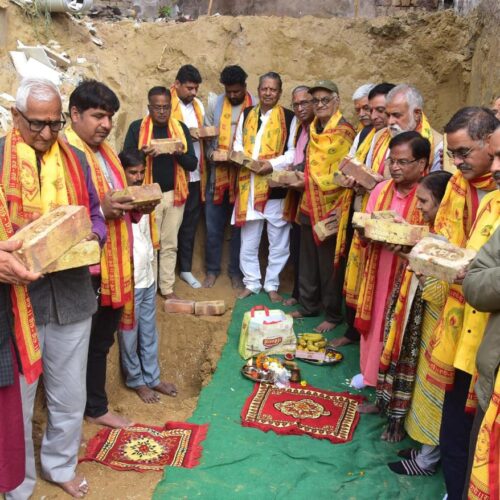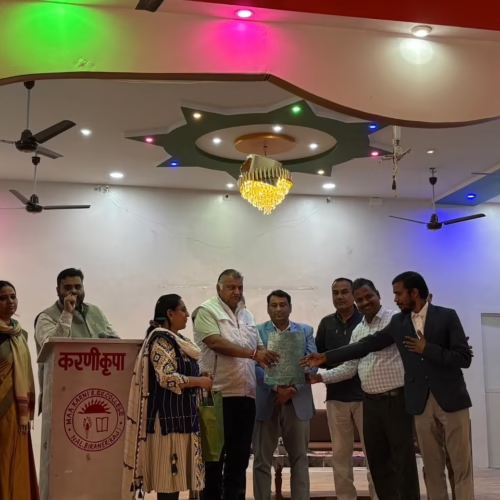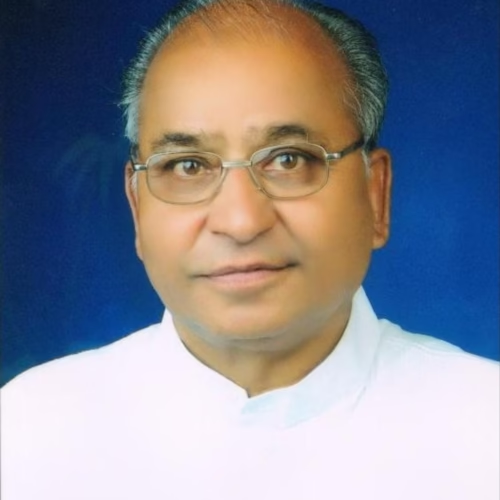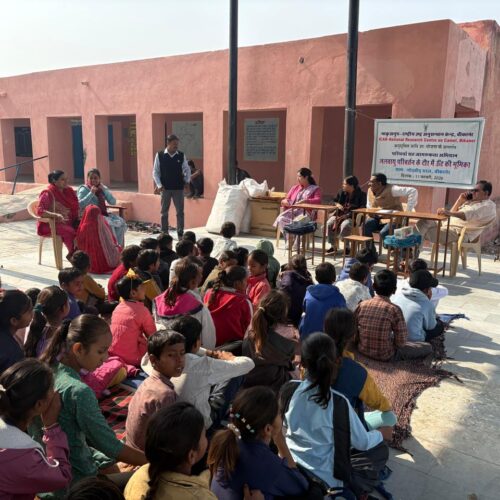IAS Officer Trainee Shri Avula Saikrishna Transferred from Sikar to Bikaner for District Attachment
In a significant administrative reshuffle, Shri Avula Saikrishna, an IAS officer trainee from the 2023 batch, has been reassigned for his district attachment. As per the latest order issued by the department on 29th February 2024, the officer’s earlier posting as Assistant Collector (Under Training) in Sikar district has been altered, and he will now undergo his district training in Bikaner.
The district attachment period is a crucial phase for IAS officer trainees, offering them hands-on experience in managing district administration, gaining an understanding of grassroots governance, and addressing local issues. Originally posted to Sikar, Shri Saikrishna was expected to familiarize himself with the district’s socio-economic landscape, ongoing development projects, and flagship schemes under the supervision of senior officials. His reassignment to Bikaner marks a shift in the training itinerary and exposes the young officer to a different set of challenges and administrative dynamics.
Implications of the Transfer
This transfer to Bikaner, a prominent district in the desert state of Rajasthan, is likely to provide Shri Saikrishna with new experiences and insights, especially given Bikaner’s unique geographical and cultural backdrop. Bikaner, being a city steeped in history, is also a strategic administrative district due to its location close to the India-Pakistan border. The district offers a blend of rural and urban challenges, with key issues ranging from water scarcity, agricultural dependence, and the management of cross-border trade and security considerations. The officer’s training here will provide exposure to managing sensitive issues that are critical to border areas.
Additionally, Bikaner, known for its heritage and tourism, has witnessed the implementation of numerous government schemes aimed at infrastructure development, rural upliftment, and tourism promotion. Handling these initiatives will require Shri Saikrishna to focus on local governance mechanisms, the effective execution of welfare programs, and close engagement with the public.
Expectations from the Trainee Officer
As an officer trainee, Shri Saikrishna is expected to actively engage with all aspects of district administration during his attachment. This includes working closely with the District Collector and other senior officers on critical administrative tasks, including law and order maintenance, revenue administration, and the implementation of national and state-level welfare schemes. Bikaner, being a district with a diverse population and complex governance needs, will offer Shri Saikrishna a broader understanding of administrative challenges and the solutions that can be tailored to the needs of the region.
The district attachment will also enable the officer to gain a deeper understanding of local governance structures, the interplay between state and district authorities, and the management of public resources. With Bikaner having a mix of rural and semi-urban areas, Shri Saikrishna will also be able to contribute to initiatives like rural development schemes, Swachh Bharat Mission, and welfare programs aimed at marginalized communities.
Training Phase and Beyond
The reallocation of officers for district attachments is a routine part of the IAS training program, aimed at offering trainees diverse exposure to different parts of the state. The training in Bikaner is expected to last for several months, after which Shri Saikrishna will move on to other stages of his training, including attachments with state government departments and central ministries. This comprehensive training model helps IAS officers build a strong foundation for their future roles in the Indian bureaucracy.
Shri Saikrishna’s reassignment is seen as an opportunity for him to develop a versatile skill set by handling various administrative challenges in Bikaner. The experience gained during this phase will play a crucial role in shaping his future as an effective public servant, preparing him to serve in diverse roles across India.
The IAS, being one of the most prestigious services in the country, demands rigorous training and multi-level exposure to public administration. Officers like Shri Saikrishna, who are at the beginning of their careers, are entrusted with significant responsibilities during their training to prepare them for the complex administrative duties that await them post-training.
Conclusion
The decision to reassign Shri Avula Saikrishna from Sikar to Bikaner for his district attachment underscores the flexibility and adaptability required in the Indian Administrative Service. The unique challenges posed by Bikaner’s location, demography, and administrative landscape will contribute to the officer’s overall growth and readiness for future assignments. As the officer moves forward in his career, his time in Bikaner will undoubtedly serve as a key learning phase, equipping him with essential skills for managing district-level governance across diverse terrains in India.














Add Comment